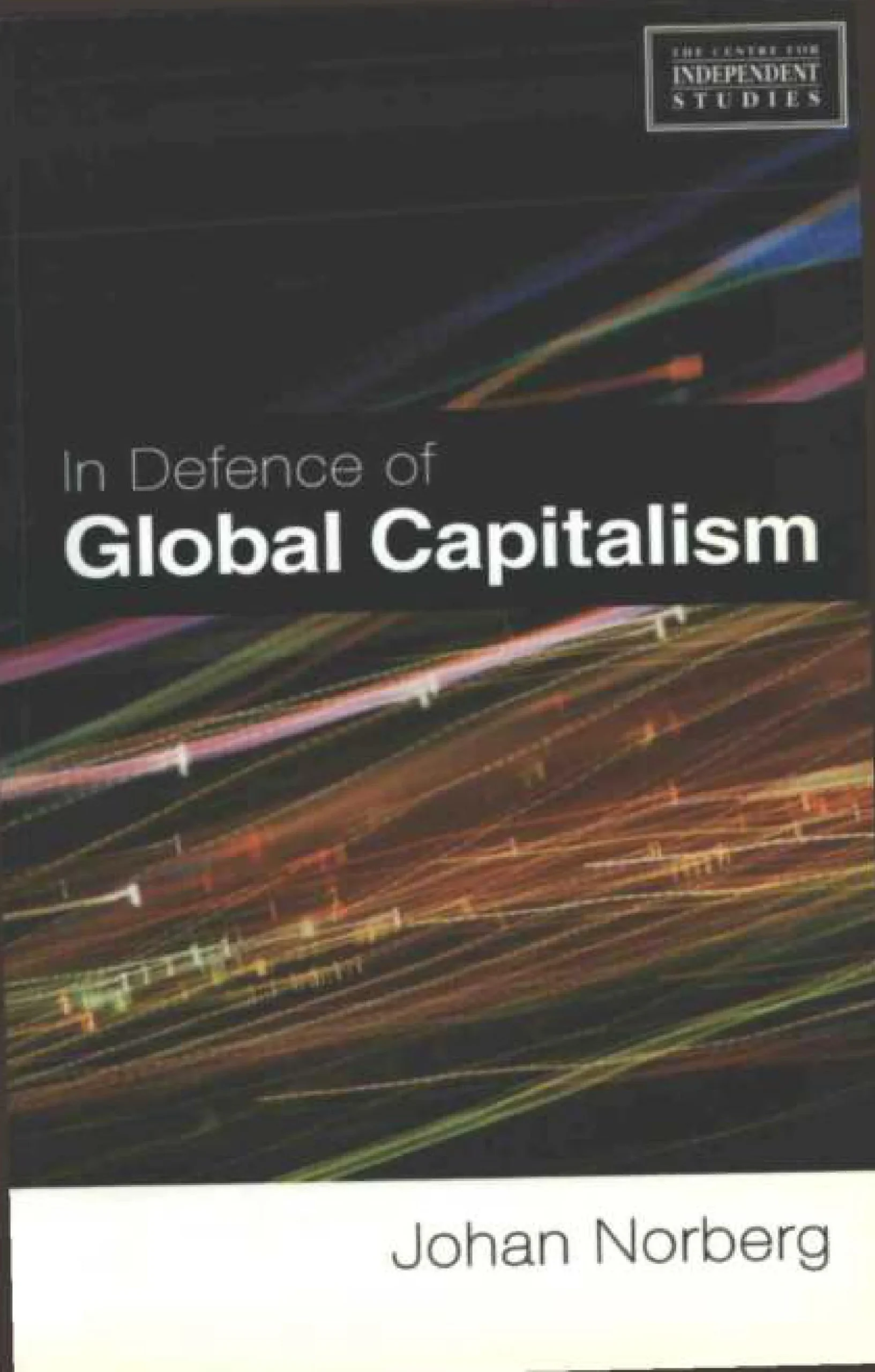
Political power has always been a creature of geography, based on physical control of a certain territory. Globalisation is enabling us more and more to override these territories, by travelling in person and by trading or investing across national borders . Our options and opportunities have multiplied as transportation costs have fallen, as we have acquired new and more efficient means of communication, and as trade and capital movements have been liberalised.
We don’t have to shop with the big local company; we can turn to a foreign competitor. We don’t have to work tor the village’s one and only employer; we can seek out alternative opportunities. We don’t have to make do with local cultural amenities; the world’ s culture is at our disposal . We don’t have to spend our whole lives in one place; we can travel and relocate.
Those factors lead to a liberation of our thinking . We no longer settle for following the local routine; we want to choose actively and freely. Companies, politicians , and associations have to exert themselves to elicit interest or support from people who have a whole world of options to choose from. Our ability to control our own lives is growing , and prosperity is growing with it.
Johan Norberg refutes, systematically and thoroughly, the tenets of the anti-globalisation movement. Norberg illustrates how free market policies, contrary to popular assumption, have brought about better health, greater wealth and less poverty across the globe. Hunger, infant mortality and inequality have diminished under capitalism and poor countries who have liberalised their economies have shown impressive results.
For people to prosper, our world needs more globalisation, not less.
In Defence of Global Capitalism quickly became a bestseller in Sweden and has since been translated into several languages.










